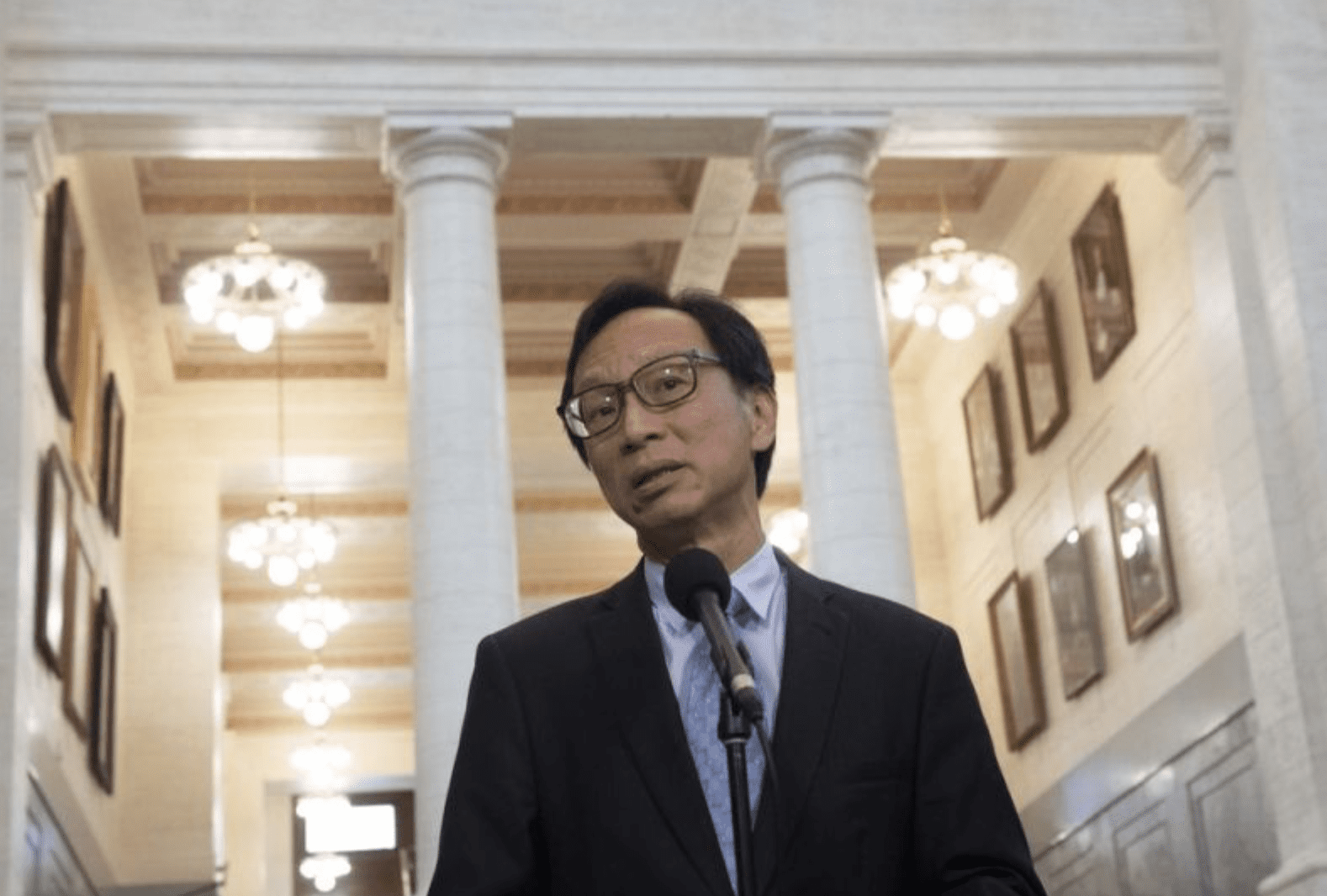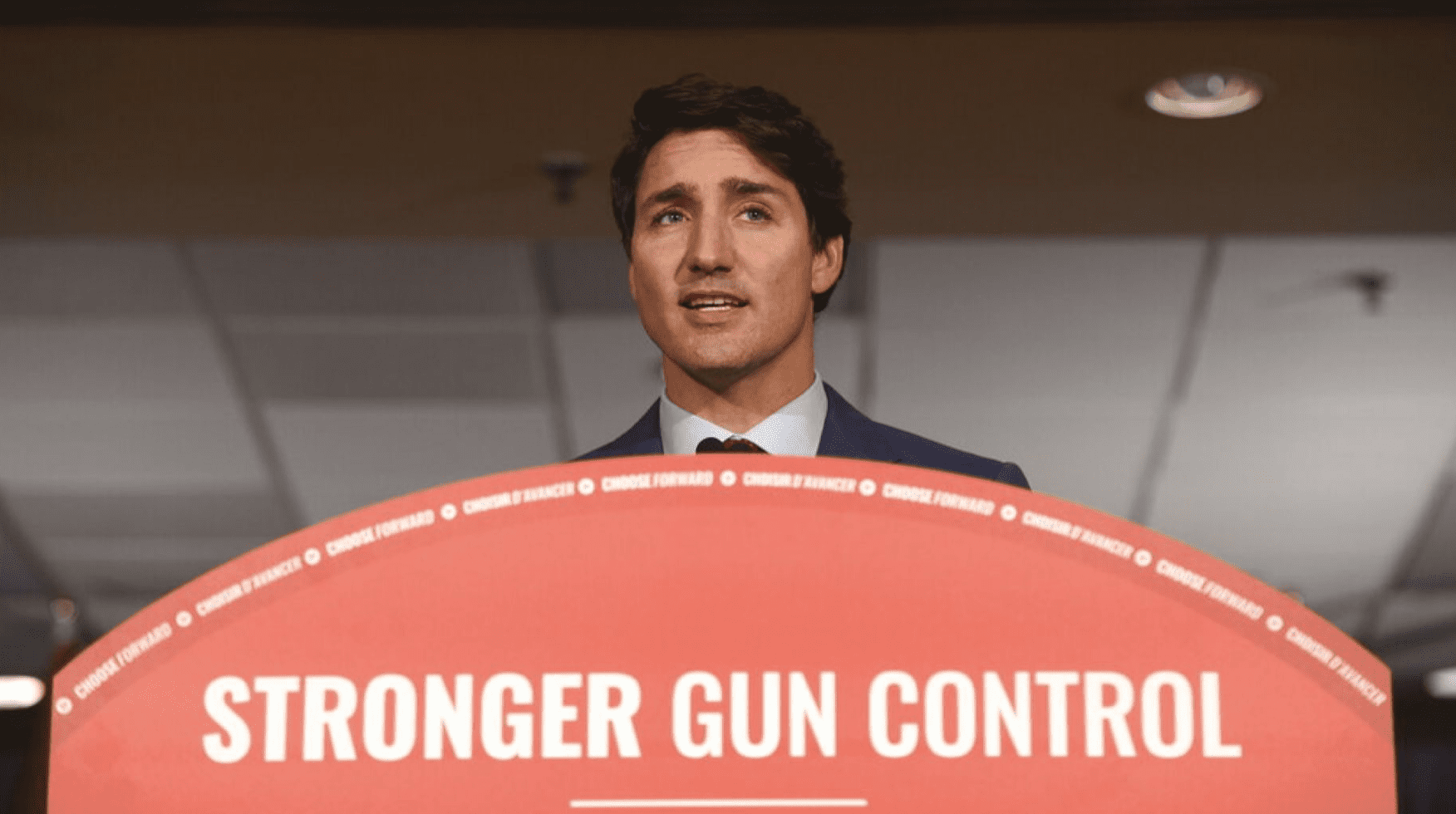This past week, Senator Yuen Pau Woo, leader of the Independent Senators Group, moved a motion in the Senate to start changing the rules to accomplish what he terms to be "equality between groups." With the changes to the Parliament of Canada Act still a fair way off (without which, Woo gets no additional compensation for being the leader of a caucus), Woo's plans to diminish the role of the opposition in the Senate are moving ahead by means of an omnibus motion put before the chamber rather than to its rules committee (once it is constituted for the new parliament).
"At the start of a new parliament, with relatively little government business on the Order Paper, we have an opportunity to take a closer look at the rules and practices of the Senate, so that we can try to improve where improvements are needed," Woo told the Senate in introducing his motion. "In particular, I believe there can be progress made in the area of increasing, enhancing and entrenching the equality of all senators and the equality of all senate groups."
Woo added that there was a chance to look at the "better functioning" of the Senate, so that they can be a chamber that takes the time needed to debate but in a way that makes "good use of our time" by which we all know means that he wants his business committee in order to time allocate all business and group debates for the sake of the television cameras.
On a broad reading of the motion, the biggest change is that it would essentially remove the special status of the opposition in the Senate in favour of treating all of the various caucus groups equally, so in essence, there would not be one "opposition" group as the counterpart to the government, but rather there would be three, possibly four (if the Progressives can get enough new members before the Senate returns in the New Year). That can have a good many procedural effects, particularly around things like negotiating the timing of vote bells — typically that they are either 30 or 60 minutes. Normally government and opposition whips would come to an agreement, and then the bells would sound for that long. Under Woo's conception, that would mean a vote call could have as many as five parties negotiating it under the current configuration of the Chamber, which you can imagine will start making things unwieldy really quickly.
The other big change in this proposal is that it would remove the designation of "critic" to any bill in favour of giving someone from each group equal time to speak to a bill as the sponsor. While on the face of it, it seems "fair" if the Senate is operating less on a government/opposition dynamic (which is a problem in and of itself), but it ignores how the Senate operates in favour of needless speeches on bills, and misunderstands some of the core ways in which the Senate functions. On a broad level, it means that the Westminster dynamic of having a government propose and the opposition oppose is being disrupted in the name of a non-partisanship that is more in name than in substance; it also means that you are unlikely to get sufficient pushback on government legislation from an ideological perspective, which is important to have in a legislative body. Parliament is not a technocracy, nor should it be.
The standard practice was for the bill's sponsor from the government benches would give a speech, and allocated extra time under the rules to do so, in order to make the case for the bill. The designated critic, from the opposition, would listen to the speech, take its points under consideration, and come back a few days later with a case for why it should not go ahead or at least not in its current form and the bill would then head off to committee, which is where the real work of the Senate happens. It is not in endlessly debating bills in the Chamber that's why the actual Chamber sittings are short, and only three days per week, while the committees operate four days and for longer hours. It's both efficient, and ensures that time is focused on the work in committee, and not in simply making speeches.
But the Independent senators have not gotten the memo that this is how the Senate operates, and they feel an inherent need to make extraneous speeches to every bill, and this slows down the process a great deal. Making these rules changes means that instead of just the sponsor and the critic making the case, you will have to have an additional three of four speeches each granted extra time for each piece of legislation. If the speeches are grouped on the same day, as Woo seems to want, then that means you're not having the thoughtful responses of the current system, but rather a series of canned speeches that don't address the actual substance of the matter, which would diminish the work of the Senate a great deal. It has been pointed out that this may make more sense with private members' bills, where the government/opposition dynamic can be harder to quantify, but even then, you're inviting a bunch of speechifying on the record unnecessarily, rather than Senators simply deciding amongst themselves when they know a bill is on the way, who wants to speak to it.
I would also add that in putting forward the motion in this way, Woo seems to want to try and circumvent the normal processes of the Senate, which would be to have the Rules Committee study the proposals and come up with recommendations, especially as the motion as written could have knock-on effects that may not be anticipated. While the motion could yet be referred to the committee, it certainly looks like Woo is trying to do an end-run around the committee and to bully it through on the strength of ISG votes, as the one thing they do whip on is votes about reforming the Senate. Woo could still try to ram through ill-thought-out changes, which will only serve to dilute the work of the Senate and pander to the big egos in the ISG's caucus. If they want to ensure the "better functioning" of the Senate, they would be advised to adopt the practices that served it for 150 years, rather than making it up as they go along.
Photo Credit: CBC News








